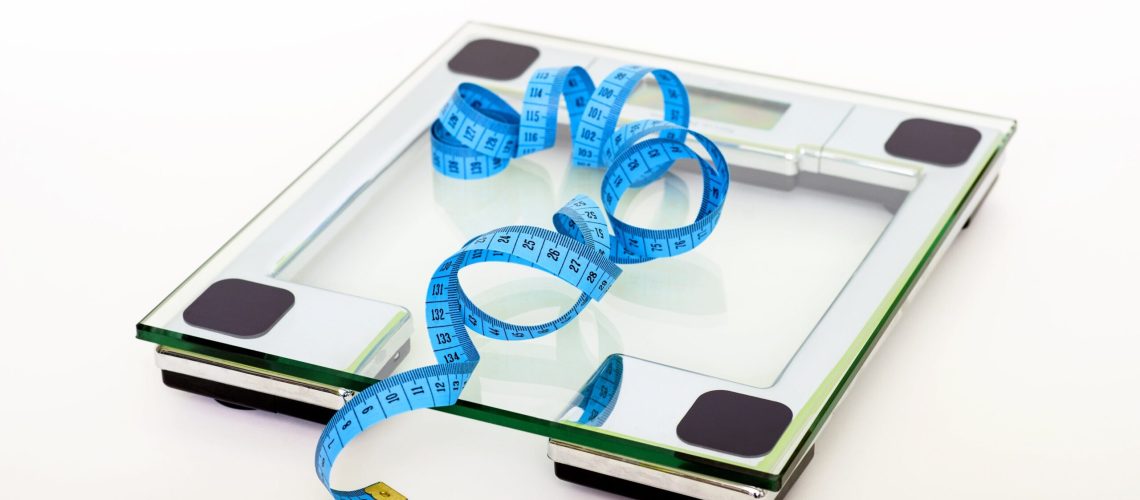Weight loss can be a complex and challenging journey. You might be making efforts to eat healthier and exercise more, yet find the scale refusing to budge. It’s a frustrating experience, and you may be left wondering why you’re not losing weight.
If you feel like you are doing everything right and still aren’t losing weight, consider these common reasons this might be happening
1. You're still eating "Frankenfoods"
Many “diet” foods contain a mile long list of chemical-laden ingredients. Next time you grab for that protein shake or keto bar, look at the label and make sure that every ingredient is something you recognize. The top ingredient I always avoid is any type of seed oil (i.e. soybean oil, canola oil, sunflower oil, etc.). These oils are extracted using a hexane solvent that leaves the oil so rancid that it has to be deodorized and bleached to make it “edible.” No thanks! Stick to real, whole foods and watch the weight start falling off.
2. You think you can outrun a bad diet
A common misconception about weight loss is the belief that as long as you exercise enough, you can eat whatever you want. The reality is, while exercise is crucial for overall health and can help in weight loss, it’s very hard to outrun a bad diet. The calories in a chocolate bar, for example, would take a long time to burn off through exercise. Eating nutrient-dense, lower-calorie foods is a more effective strategy for weight loss than relying on exercise alone.
3. You have an inconsistent sleep schedule
Your sleep schedule has a big impact on your weight. Poor or inconsistent sleep can increase your hunger hormones, leading you to eat more. It can also leave you feeling tired and less motivated to exercise or make healthy food choices. Try to establish a regular sleep schedule, aiming for 7-9 hours of sleep per night, to support your weight loss efforts.
4. You aren't drinking enough water
Drinking water is often overlooked in weight loss plans, but it plays a crucial role. Water can help to control your appetite by making you feel full, and it also helps your body function properly. If you’re not drinking enough water, you may mistake thirst for hunger and end up eating when you’re actually just thirsty. A good goal to aim for is eight 8-ounce glasses of water a day, although needs can vary.
5. Drinking too much alcohol
While an occasional glass of wine or beer isn’t likely to sabotage your weight loss efforts, regular or excessive drinking can. Alcohol is high in calories and can also lead to increased hunger and poorer food choices. If you’re consuming alcohol regularly and struggling to lose weight, consider cutting back.

